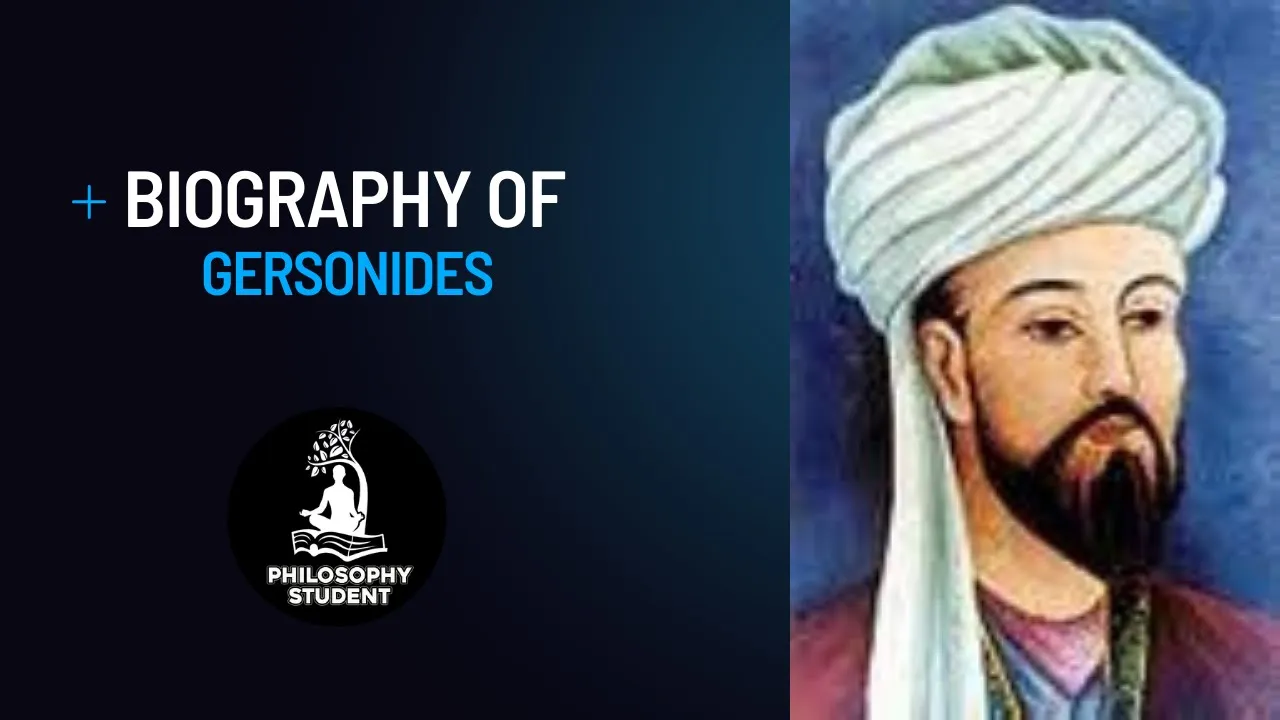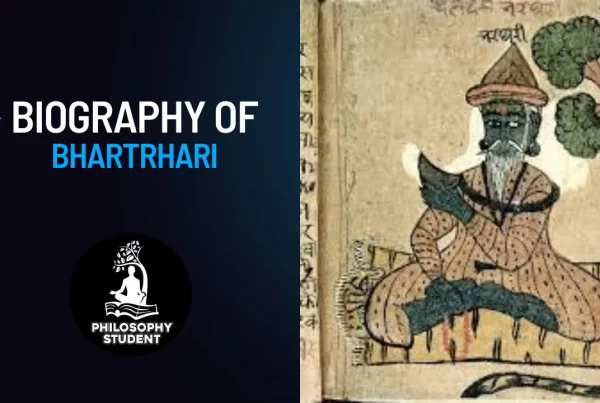A controversial figure in the history of Jewish philosophy, Gersonides is best known for his Milhamot Ha-Shem (The Wars of the Lord), written in 1329, which likely exerted an influence on such later giants as Gottfried Wilhelm Leibniz and Baruch Spinoza.
At bottom, Gersonides’ great project was to reconcile the rational human faculty with God, based on the proposition that reason is God-given and therefore a legitimate faculty through which to understand the Creator. As a religious philosopher, then, Gersonides developed a defense of rationality in religion.
Born Levi ben Gerson in Provence in 1288, Gersonides may have been the son of Gershom ben Salomon de Beziers, a man of sufficient prominence to earn mention in contemporary medieval histories. As Spanish tolerance of Jews declined, Provence became a magnet for Jewish intellectual culture, the Avignon popes maintaining a lenient policy toward the Jews.
Gersonides spoke Provençal but wrote in Hebrew. His knowledge of Aristotle came largely via Averroes, and his command of Latin may have been uncertain and limited to a reading knowledge. In any case, all his quotations from Averroes and Aristotle are in Hebrew. It is also likely that he read Averroes in Hebrew translation from the Latin. By trade, Gersonides was likely a moneylender. He died on April 20, 1344.
Gersonides wrote commentaries on Aristotle or, more accurately, commentaries on Averroes’s commentaries on Aristotle. He also wrote on questions of mathematics and science. His 1321 Maaseh Hoshev (“A Work of Calculation”) dealt with arithmetical operations and may be the earliest introduction of proof by mathematical induction. He wrote On Sines, Chords and Arcs (a work on trigonometry) in 1342 and The Harmony of Numbers the following year, an exploration of “harmonic numbers.” His “Jacob’s staff” was an instrument for measuring the angular distance between celestial objects and was a
significant contribution to medieval astronomy. He created a geometrical model for the motion of the moon and developed a theory of the nature of the sun. Using a camera obscura, he made other astronomical observations.
Gersonides was an astrologer as well and proposed a non-supernatural explanation of how astrology works by citing the medieval idea that all earthly occurrences depend on the heavens. Despite his willingness to venture into astrology, he was the only astronomer before modern times who correctly estimated stellar distances. In contrast to his contemporaries, who speculated that the stars were distributed on a rotating sphere a short way beyond the outer planets, Gersonides estimated the distances to be far greater—some ten billion times greater.
His astronomical breakthrough was a refutation of the Ptolemaic solar system based on the flaws he observed in Ptolemy’s complex epicyclic corrections. He was unable, however, to improve on the Ptolemaic model.
His most original work of philosophy, The Wars of the Lord, was written over a dozen years between 1317 and 1329. He modeled it after Maimonides’s Guide for the Perplexed and covered the doctrine of the soul, in which he presented a theory of impersonal reason mediating between God and man and developed an explanation of how acquired intellect was developed in humanity. Gersonides wrote of God’s knowledge of facts and providence, advancing the theory that God does not decide individual facts but creates a general providence of celestial substances, of spiritual hierarchy, creation, and miracles.
In stark contrast to other medieval Jewish thinkers, Gersonides denied that God possesses complete foreknowledge of human acts. Thus, the philosopher elevates the status of free will. He proposed that the soul is composed of an inborn material intellect and an acquired intellect. The first gives people the capacity to understand and learn. This material intellect dies with the body. Acquired intellect, however, survives death and contains the knowledge acquired during one’s lifetime.




































